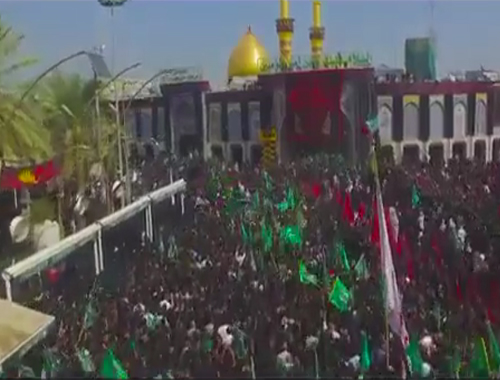verse39
- Details
- Hits: 2345
(39) فَمَن تَابَ مِن بَعْدِ ظُلْمِهِ وَأَصْلَحَ فَإِنَّ اللّهَ يَتُوبُ عَلَيْهِ إِنَّ اللّهَ غَفُورٌ رَّحِيمٌ
39. " But whoever repents after his iniquity and makes amend (his evil deeds), then surely Allah turns to him (mercifuly), verily Allah is Forgiving, Merciful."
Commentary:
In Islam, punishments are set beside guidance, godly training, and invitation. Through previous verse, the retribution of a thief was stated. Here, in this verse, there exists the invitation to repentance unto Allah, forgiving, and the improvement of one's own vices, which causes that Allah returns His grace and mercy to the servant.
For the wrong-doers the gate of returning and improvement is always open. This gate is the very repentance. It should also be regarded that repentance is not only an inner regret, but it must be accompanied with the amends of the past corruptions.
If a thief repents (before that he be captured and be sent to the court) and gives back the property, he will be forgiven both in the world and the Hereafter. But, when it is after that he is captured the religious punishment will be fulfilled and the function of repentance is only for the Hereafter.
The verse says:
" But whoever repents after his iniquity and makes amend (his evil deeds), then surely Allah turns to him (mercifuly), verily Allah is Forgiving, Merciful."











